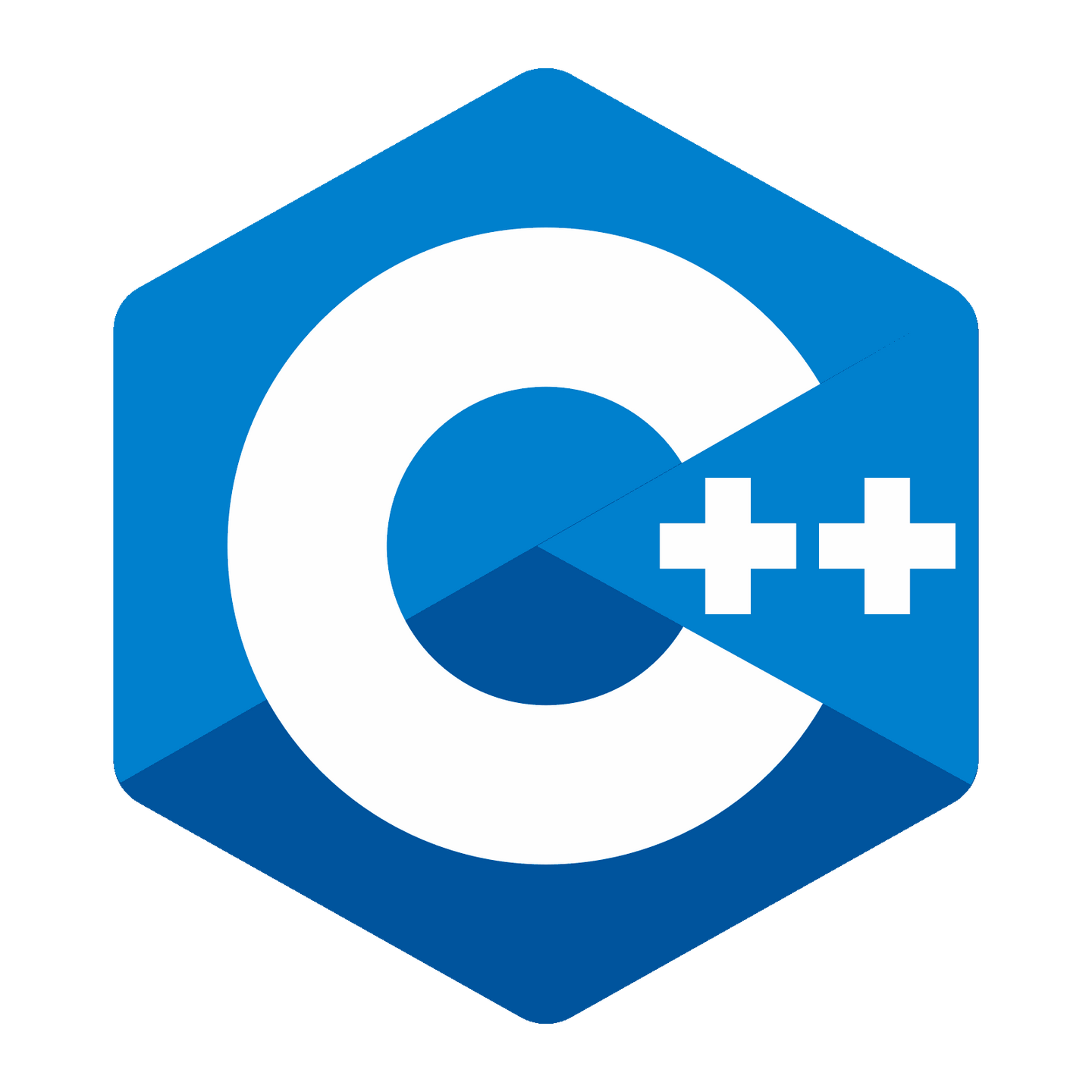首先使用find方法定位子串位置,若找到则返回索引,否则返回npos;通过循环结合replace实现全局替换。

在C++中,std::string 提供了多种方法来查找和替换子串。虽然不像某些高级语言那样有内置的“replace all”函数,但通过组合使用标准库提供的接口,可以高效完成任务。下面介绍常用的查找与替换技巧。
find 是 string 类中最常用的查找函数,用于定位子串首次出现的位置。
基本语法:
size_t pos = str.find("substring");如果找到,返回起始索引;未找到则返回 std::string::npos。
立即学习“C++免费学习笔记(深入)”;
示例:
std::string text = "Hello, world!";其他查找变体:
C++ string 没有直接的 replace 子串函数,但可以用 replace(pos, len, new_str) 配合 find 实现。
步骤:
示例:将第一个 "world" 替换为 "C++"
std::string text = "Hello, world!";要替换所有匹配的子串,需要在一个循环中不断查找并替换,直到找不到为止。
常用模式:
std::string& replaceAll(std::string& str, const std::string& from, const std::string& to) {调用示例:
std::string text = "apple banana apple cherry apple";注意:跳过新插入字符串的长度,避免对刚替换的内容再次匹配造成无限循环。
实际使用时注意以下几点:
基本上就这些。掌握 find 和 replace 的组合使用,就能灵活处理大多数字符串替换需求。不复杂但容易忽略细节,比如位置更新和边界判断。
以上就是c++++中string怎么查找和替换子串_c++ string查找替换技巧的详细内容,更多请关注php中文网其它相关文章!

c++怎么学习?c++怎么入门?c++在哪学?c++怎么学才快?不用担心,这里为大家提供了c++速学教程(入门到精通),有需要的小伙伴保存下载就能学习啦!

Copyright 2014-2025 https://www.php.cn/ All Rights Reserved | php.cn | 湘ICP备2023035733号